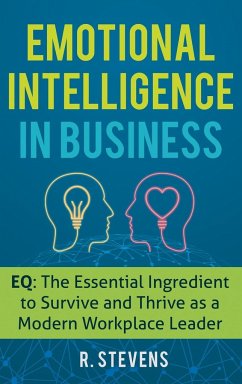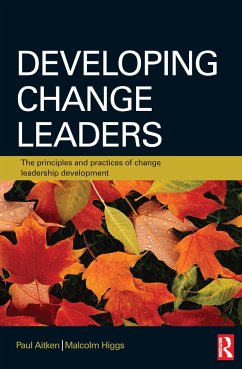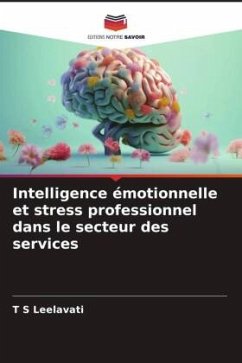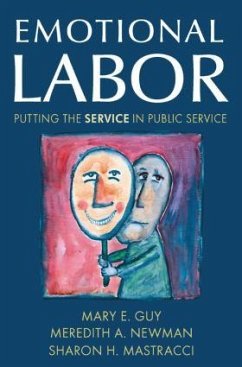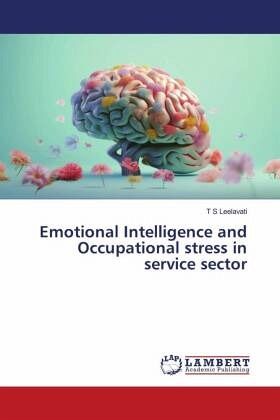
Emotional Intelligence and Occupational stress in service sector
Versandkostenfrei!
Versandfertig in 6-10 Tagen
60,99 €
inkl. MwSt.

PAYBACK Punkte
30 °P sammeln!
Emotional Intelligence is defined as the subset of social intelligence that involves the ability to monitor one's own and other's feelings and emotions, to discriminate among them, and to use this information to guide one's thinking and actions (Salovey & Mayer, 1990, p. 189).Emotions facilitate thinking by directing attention to changes, such as work that needs to be done and time that is running out. An individual's emotional Intelligence increases his ability to cope with stress increases as well.With the growth in science and technology, life has become enormously automated and money-centr...
Emotional Intelligence is defined as the subset of social intelligence that involves the ability to monitor one's own and other's feelings and emotions, to discriminate among them, and to use this information to guide one's thinking and actions (Salovey & Mayer, 1990, p. 189).Emotions facilitate thinking by directing attention to changes, such as work that needs to be done and time that is running out. An individual's emotional Intelligence increases his ability to cope with stress increases as well.With the growth in science and technology, life has become enormously automated and money-centric. The results of stress at the workplace enhancing the complexities of work and its alternate demand have become a well-known and infused feature of modern organisations.The book deals with identifying the impact of Emotional Intelligence on occupational stress among women employed in various organizations in the service sector.



